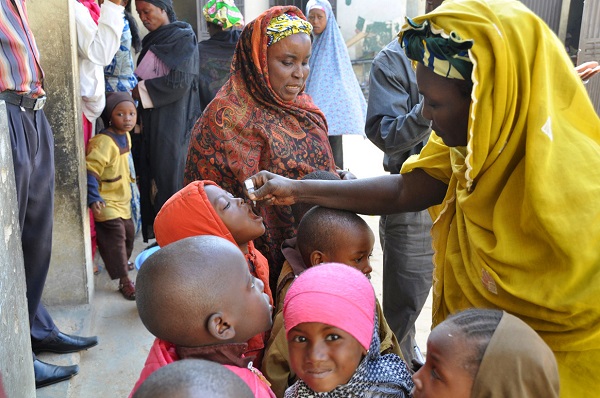
The World Health Organisation (WHO) and the Global Fund to Fight AIDS, Tuberculosis and Malaria (Global Fund) have announced their renewed commitment to collaboration by signing a new and revised strategic framework for collaboration. This framework aims to fortify health systems, maximise cooperation and have a more significant impact in combating major communicable diseases at the country, regional and global levels.
The new five-year framework builds upon the previous agreement established in 2018. It is aligned with the Global Fund’s 2023-2028 Strategy and the WHO General Programme of Work. These strategies emphasise placing communities at the heart of the health response and addressing pandemic preparedness and challenges posed by climate change. The framework also aligns with broader collaboration platforms that accelerate support to countries in achieving health-related Sustainable Development Goals (SDGs), including universal health coverage (UHC).
The director-general of WHO, Dr. Tedros Ghebreyesus, stated, “As health budgets globally are strained and under pressure, it is imperative for our two organisations to continue working together to support countries in expanding access to services for the three diseases as part of their journey towards universal health coverage. In light of slowing progress towards ending the AIDS, TB, and malaria epidemics, coupled with emerging health challenges, stronger collaboration between WHO and the Global Fund is needed more than ever.”
The new strategic framework for collaboration, driven by the shared mission and commitment of WHO and the Global Fund, will strengthen and extend collaboration to effectively serve countries.
The executive director of the Global Fund, Peter Sands emphasised the critical nature of the partnership in the face of interconnected crises such as conflict and climate change.
Sands stated, “Crises shock global systems and roll back gains, with the world’s most vulnerable people bearing the brunt. Organisations like ours are most effective when we collaborate closely with national governments and other trusted partners to strengthen local, community-driven systems for health.”
Over the years of continued collaboration, significant achievements have been made at the country level:
Twenty countries have efficiently implemented differentiated service delivery for HIV testing, treatment, advanced HIV disease care, and virtual interventions to reach individuals unaware of their HIV status.
Collaboration has facilitated early guidance and surveys on dual testing for COVID-19 and TB, resulting in improved detection of people with TB through innovations adopted during and after the COVID-19 emergency.
Strategic initiatives on malaria have accelerated progress towards malaria elimination. Since 2018, eight countries have been certified malaria-free by WHO, with five more preparing for certification in 2023 and 2024.
The partnership has paved the way for the implementation of innovative approaches, such as the new WHO Insecticide Treated Nets Guidelines for Malaria and the scale-up of new, shorter treatments for multidrug-resistant TB.
Valuable support has been provided in developing 50 evidence-based and costed national strategic plans aligned with the latest WHO guidelines. These plans serve as a basis for high-quality funding requests to the Global Fund.
Collaboration in global health financing has enabled countries to develop stronger, more sustainable and efficient health financing systems. WHO’s work in tracking health expenditure in 59 low- and middle-income countries has informed national health policy dialogue. Joint efforts to support cross-programme efficiency analysis in 13 countries have reduced fragmentation and duplication.
Despite these achievements, much work remains to be done to accelerate progress in ending the AIDS, TB and malaria epidemics and to build robust health systems capable of responding to future emergencies. The WHO and the Global Fund are committed to continued collaboration to achieve these goals in countries worldwide.

